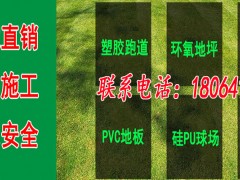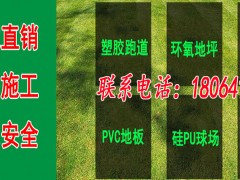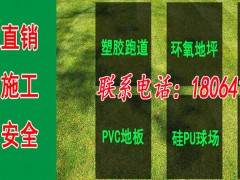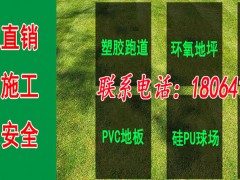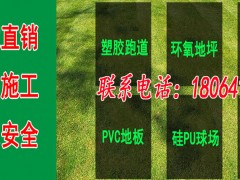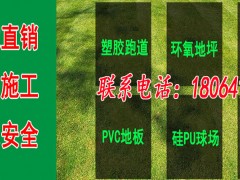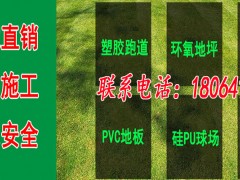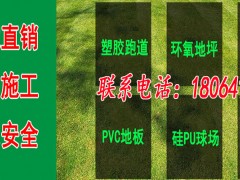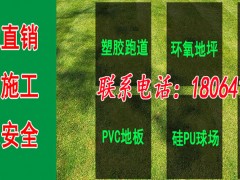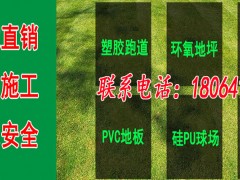形容词做定语1.做前置定语。多个形容词做前置定语的顺序:限观 形 龄 色国材an interesting English film ; a heavy black Chinese silk umbrella 顺口溜记忆: "县官行令杀国才。
"这一句就概述了形容词顺序问题。
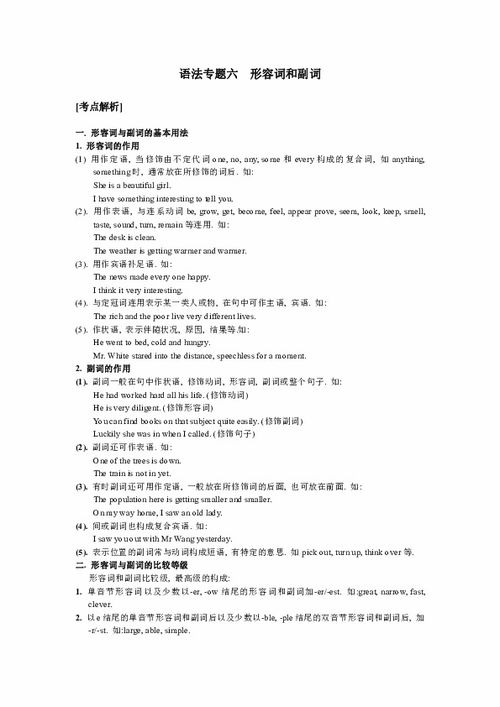
2. 做后置定语。修饰由不定代词no ,any, some ,every和one, thing等构成的复合词或形容词短语。做表语: 放在连系动词后面常见系动词有:be变化系词: become, get ,turn, grow, go保持系词: keep ,remain, stay感观系词: look, smell , taste, feel, sound,appear , seem ,prove etc.做状语,表状况、原因、结果等。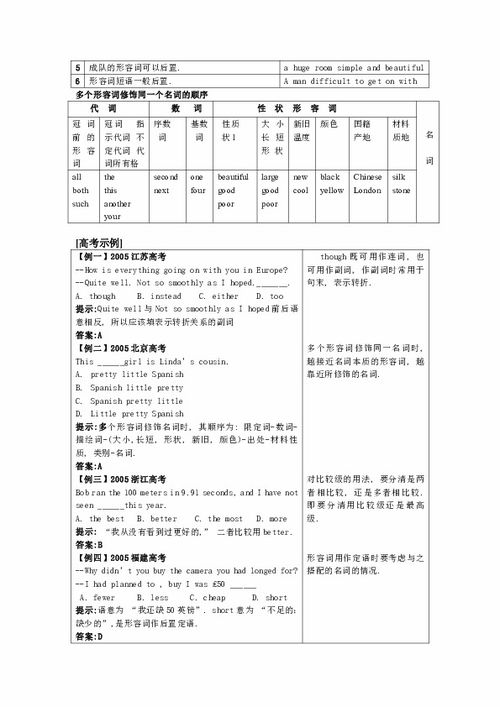
He went to bed, cold and hungry.做补语1.某些以a 开始的形容词只做补语,不做定语。
afraid, alike, alone, asleep ,awake,aliveWe found the tiger awake.The boy was found alive after the earthquake.2.某些表身体健康状况的形容词只能做表语,不做定语 well, ill 某些以-ly 结尾的词是形容词而不是副词。friendly, lively, lovely, lonely, likely, deadly, orderly 等。 复合形容词的形式问题。
an 800-meter-wide river; an English-speaking country; a middle-aged man副词。时间副词和地点副词,一般放于句尾。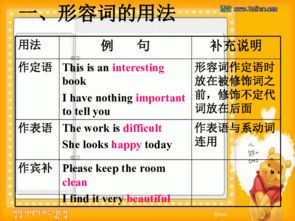
若同时出现,地点副词在前,时间副词在后。
They will have a meeting in Chengdu the day after tomorrow.频度副词always, seldom, often, never, rarely, usually 等,通常放于行为动词之前,be词、情态动词和助动词之后。He is always telling lies. Gradually,we never believe him.程度副词一般放在被修饰词之前The material is not soft enough.常考副词和形容词辨析常考形容词:1.special, especial, specific, particular, peculiar特殊的,特别的2. economic, economical, financial的区别 3. effective, efficient的区别4. actual, real, trueCould you offer us actual figures 您能否为我们提供实际的数字?Was it a real man or a ghost 那是真的人还是鬼魂?I don’t think what he has said is true. 我觉得他说的不是真的。5.alive,live,living,lively的区别常考副词:1.almost和nearly两者均可表示"几乎"、"差不多",均可修饰不定代词、形容词、副词、动词、介词短语等,肯定句中两者常可换用。
He almost/nearly fell down.。*修饰动词时,通常应放在行为动词之前,特殊动词之后;修饰形容词、副词、名词等时,通常应放在被修饰词语之前。Almost no book may attract him.几乎没有什么书能吸引他。2.nearly 前可用 very, pretty, not 等词修饰,但 almost 之前不能用这些词。
It’s not nearly so difficult as you think.*not nearly 意为"远非,绝不是",是固定短语。有时 almost 可表示十分相似,此时不用 nearly。如:Dolphins can understand everything—they are almost human.3.still 和yet的区别still:仍然,还。多用于肯定句中, 表示的动作通常已经开始,并且还在继续。
It was cold yesterday, but today it is still colder/colder.yet:多用于疑问句和否定句中,表示的动作未完成或者未开始。I have yet sent him the updates. 我还没有把更新发给他。4. rather, very, quite, fairly 相当,十分rather可用于修饰形容词或副词的比较级,也可放在too之前very,quite和fairly则不可以。very通常不修饰以字母a开头的形容词,也不直接修饰动词。
quite侧重于"完全,彻底",相当于completely或entirely,可修饰形容词、副词或动词。fairly"颇为,相当地",通常修饰"使人感到愉快"等意义的形容词或副词。rather侧重于"极,相当",通常修饰表示"使人感到不愉快"等意义的形容词或副词。
4. aloud, loud和loudly的区别aloud:出声地,高声地。loud:高声地,大声地,响亮地。常指在说、笑等方面。
loudly:高声地。有时可与loud通用,但含有喧闹的意味。
免责声明:本平台仅供信息发布交流之途,请谨慎判断信息真伪。如遇虚假诈骗信息,请立即举报
举报